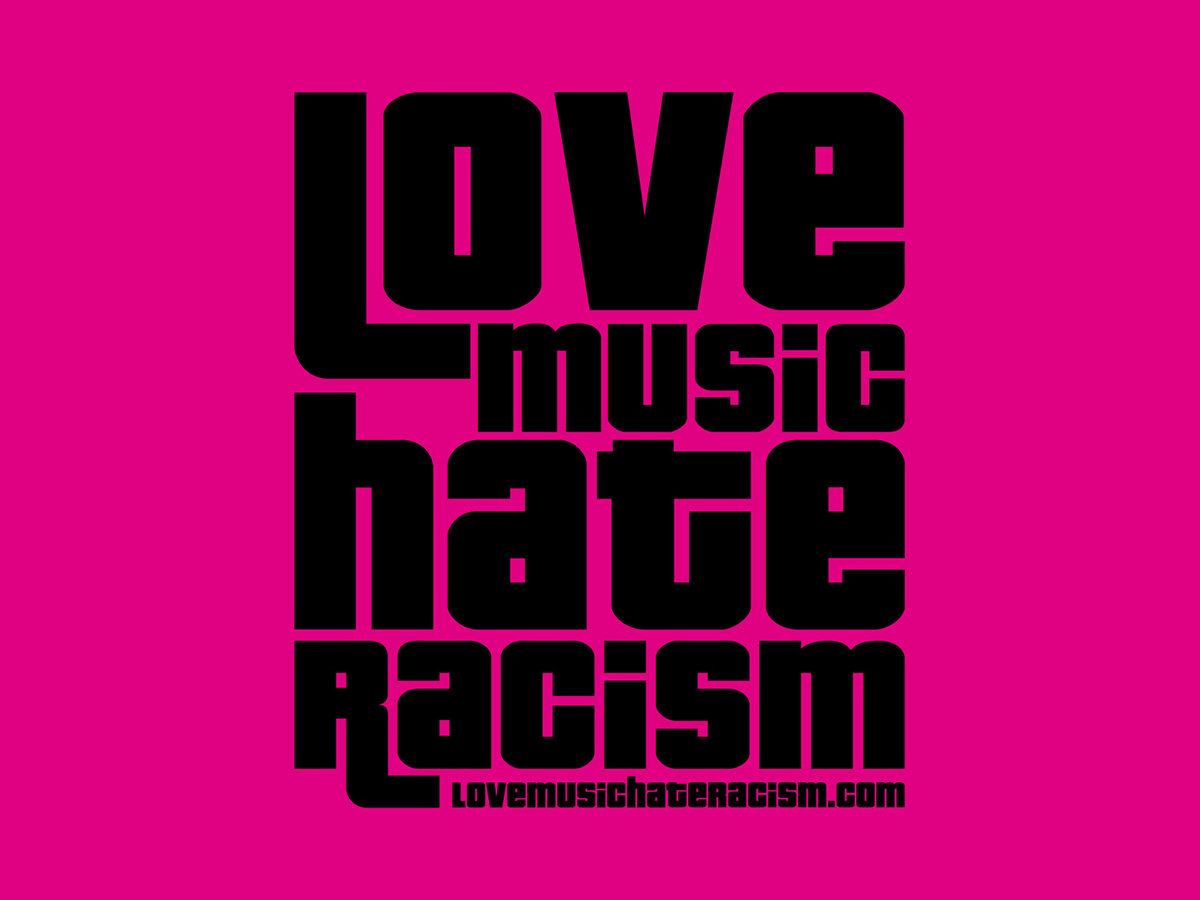Meta Description: Love Music Hate Racism releases a statement condemning recent far-right violence in the UK, urging the power of music to unite communities against hate.
Love Music Hate Racism Condemns Far-Right Violence: A Call to Unite Through Music
In response to the recent surge of far-right violence in the UK, the anti-racism campaign group Love Music Hate Racism has issued a powerful statement condemning the hateful actions and emphasizing the transformative power of music in combating such ideologies. The statement, which has garnered support from prominent artists like Fontaines D.C., Nadine Shah, and Idles, underscores the urgent need for unity and resistance through the arts.
The far-right violence erupted following the tragic murder of three young children at a Taylor Swift-themed dance workshop in Southport on July 29th. Instead of leading to a reflective societal dialogue on the need to end violence against women, the tragedy was co-opted by far-right groups who spread misinformation about the identity of the attacker, fueling a wave of hate.
In the wake of this violence, Far Out magazine called for a unified musical response, reminiscent of Rock Against Racism, to counter the racist rhetoric. Love Music Hate Racism has now echoed this sentiment with their own robust statement.
Music’s Role in Combating Far-Right Hate
“Love Music Hate Racism condemns the shocking scenes of far-right violence since the tragic murder of three young children in Southport on July 29th,” the letter begins, directly addressing the far-right’s role in spreading hate. The statement specifically calls out former English Defence League leader Tommy Robinson (real name Stephen Yaxley-Lennon) for “willfully spreading false information by blaming a Muslim migrant for the Southport attack.” It highlights that this surge of hate does not exist in a vacuum, pointing to the broader political climate that has normalized Islamophobia and racist discourse.
The letter also holds politicians and media accountable for fostering an environment where racist ideologies can thrive. By using examples such as the “Stop the Boats” rhetoric, the demonization of asylum seekers, and the labeling of Muslim communities as “extremists,” the statement illustrates how these actions have contributed to the rise of far-right violence.
Despite the grim circumstances, the statement strikes a hopeful tone: “Yet, where there is racism, there is always resistance to it.” It goes on to highlight the strong antifascist response in cities like Walthamstow, Bristol, and Brighton, where 25,000 people reportedly took to the streets to protest against the violence and protect targeted immigration advice centers and solicitors.
Uniting Through Music: The Heart of Resistance
Love Music Hate Racism emphasizes that more resistance is needed and that artists play a crucial role in uniting communities in the fight against hate. The campaign, founded in 2002 in response to the rise of the Nazi British National Party (BNP), has a long history of working with musicians who use their platforms to challenge fascist ideologies. Drawing inspiration from the legacy of Rock Against Racism, the organization believes that music has the power to spread hope and unite people against the division sown by the far-right.
The statement concludes with a call to action: “It is now more important than ever that music is at the heart of a united cultural movement which will ward off the threat of the far-right and strengthen communities damaged by the corrosive effects of racism. Music reflects the beautiful eclectic mix of our communities. Join us in building a movement that celebrates that: Love Music Hate Racism.”
In support of this mission, Love Music Hate Racism is planning a show in central London at the start of next month, though the lineup has yet to be announced. The statement has been signed by a host of influential artists, including Idles, Nova Twins, Fontaines D.C., and Nadine Shah, among others.
